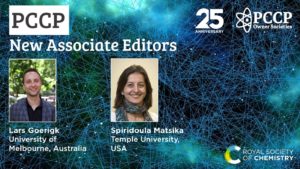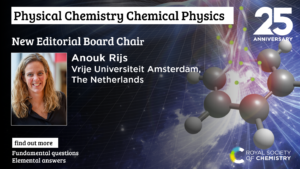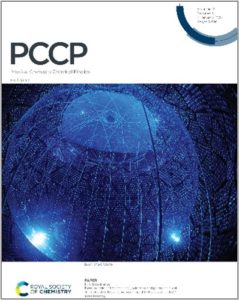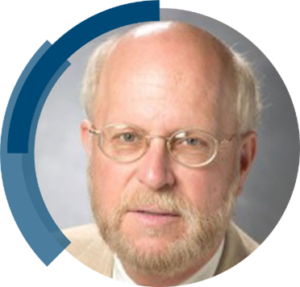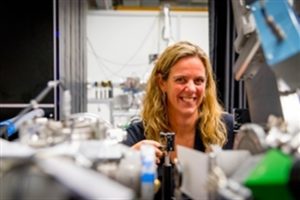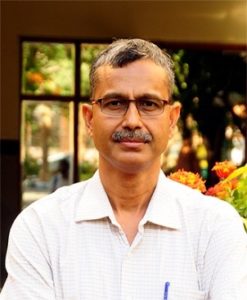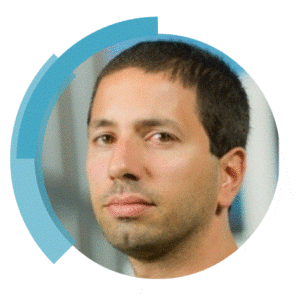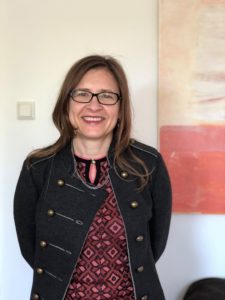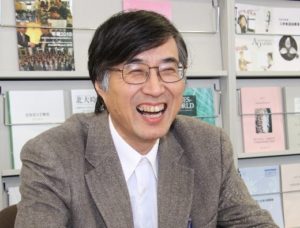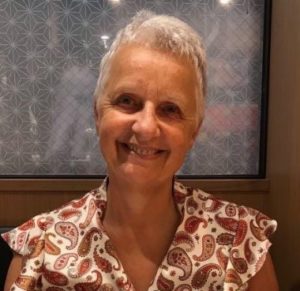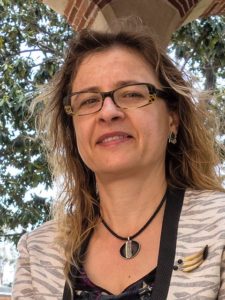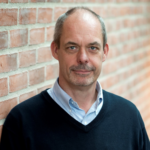We are delighted to announce that Prof. Lars Goerigk (The University of Melbourne, Australia) and Prof. Spiridoula Matsika (Temple University, USA) have been appointed as Associate Editors for PCCP.
Lars Goerigk
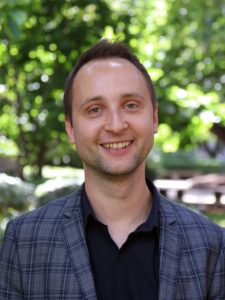 Lars Goerigk is an Associate Professor in Theoretical and Computational Quantum Chemistry at The University of Melbourne. He obtained his PhD in the group of Prof. Stefan Grimme at The University of Münster, Germany in 2011. He then moved to Australia to work with Prof. Jeffrey Reimers at The University of Sydney and in 2014, he became an independent group leader at The University of Melbourne thanks to a Discovery Early Career Researcher Award (Australian Research Council).
Lars Goerigk is an Associate Professor in Theoretical and Computational Quantum Chemistry at The University of Melbourne. He obtained his PhD in the group of Prof. Stefan Grimme at The University of Münster, Germany in 2011. He then moved to Australia to work with Prof. Jeffrey Reimers at The University of Sydney and in 2014, he became an independent group leader at The University of Melbourne thanks to a Discovery Early Career Researcher Award (Australian Research Council).
Lars is a recipient of a 2019 Le Fèvre Medal (Australian Academy of Science), a 2020 Rennie Memorial Medal (Royal Australian Chemical Institute), and the 2022 Pople Medal (Asia-Pacific Association of Theoretical and Computational Chemists).
His work primarily focusses on Density Functional Theory (DFT) for electronic ground and excited states, including method development, the treatment of noncovalent interactions, and making the DFT ‘zoo’ more accessible to method users. His collaborations with experimentalists involve the design of molecular switches, fluorescent sensors, and other materials.
Read some of Lars’s recent work here:
Siobhan J. Bradley, Ming Chi, Jonathan M. White, Christopher R. Hall, Lars Goerigk, Trevor A. Smith and Kenneth P. Ghiggino
Phys. Chem. Chem. Phys., 2021, 23, 9357-9364, DOI: doi.org/10.1039/D1CP00541C
Dale R. Lonsdale and Lars Goerigk, DOI: doi.org/10.1039/D0CP01275K
Phys. Chem. Chem. Phys., 2020, 22, 15805-15830
Semi-empirical or non-empirical double-hybrid density functionals: which are more robust?
Nisha Mehta, Marcos Casanova-Páez and Lars Goerigk
Phys. Chem. Chem. Phys., 2018, 20, 23175-23194, DOI: doi.org/10.1039/C8CP03852J
Spiridoula Matsika
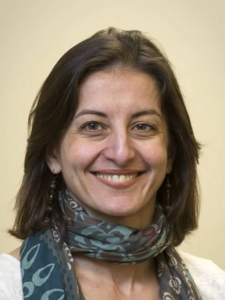 Spiridoula Matsika is a Professor of Chemistry at Temple University. She received a B.Sc. in Chemistry from the National and Kapodistrian University of Athens, Greece in 1994, and a Ph.D. in Chemical Physics from The Ohio State University in 2000. After completing her Ph.D. she spent three years as a postdoctoral fellow at Johns Hopkins University. She joined Temple University in Philadelphia in 2003 where she has been since then.
Spiridoula Matsika is a Professor of Chemistry at Temple University. She received a B.Sc. in Chemistry from the National and Kapodistrian University of Athens, Greece in 1994, and a Ph.D. in Chemical Physics from The Ohio State University in 2000. After completing her Ph.D. she spent three years as a postdoctoral fellow at Johns Hopkins University. She joined Temple University in Philadelphia in 2003 where she has been since then.
Her research interests focus on the theoretical description of electronically excited states, nonadiabatic dynamics, and conical intersections in molecular systems. She is particularly interested in photophysics and photochemistry of molecular systems, and in electron driven processes.
Read some of Spiridoula’s recent work here:
Vaibhav Singh, Chuan Cheng, Thomas Weinacht and Spiridoula Matsika
Phys. Chem. Chem. Phys., 2022, 24, 20701-20708, DOI: doi.org/10.1039/D2CP02604J
Tolga N. V. Karsili, Mark A. Fennimorea and Spiridoula Matsika
Phys. Chem. Chem. Phys., 2018, 20, 12599-12607, DOI: doi.org/10.1039/C8CP00148K
Mechanisms of H and CO loss from the uracil nucleobase following low energy electron irradiation
Mark A. Fennimore, Tolga N. V. Karsili and Spiridoula Matsika
Phys. Chem. Chem. Phys., 2017, 19, 17233-17241, DOI: doi.org/10.1039/C7CP01345K
Lars and Spiridoula join the Editorial Board of PCCP as Associate Editors, working with the existing board members to help shape the future of PCCP. We welcome them to the Board, and they look forward to receiving your submissions.


